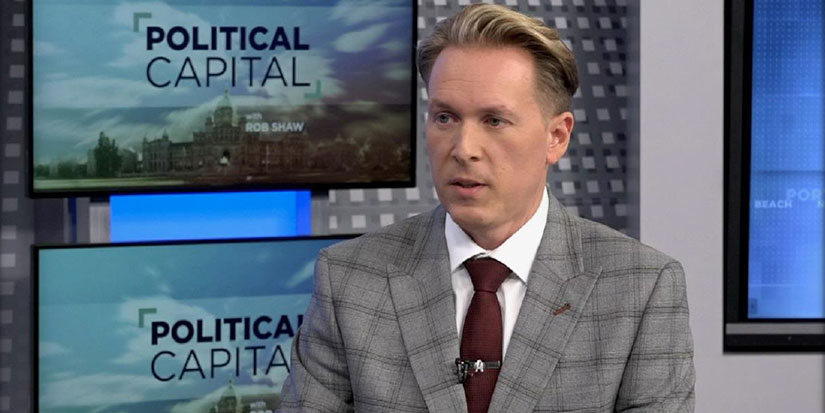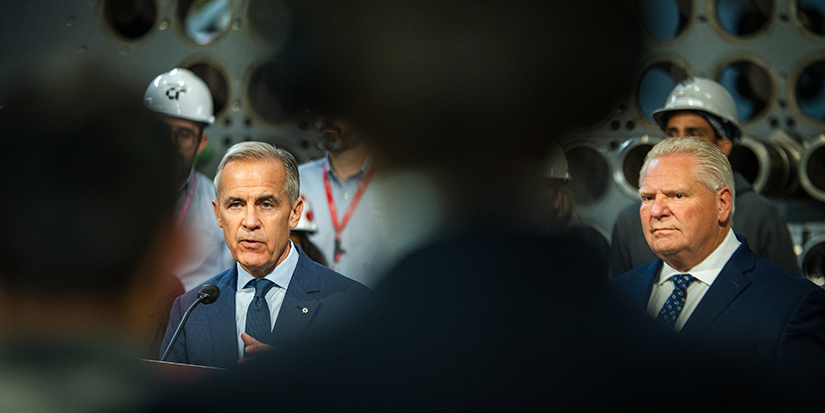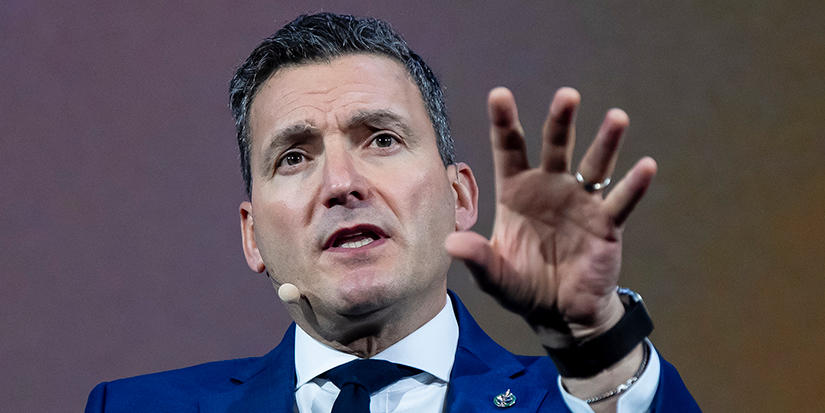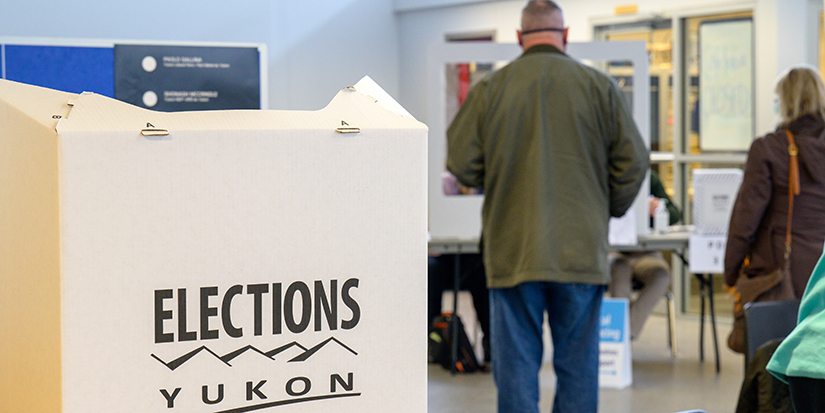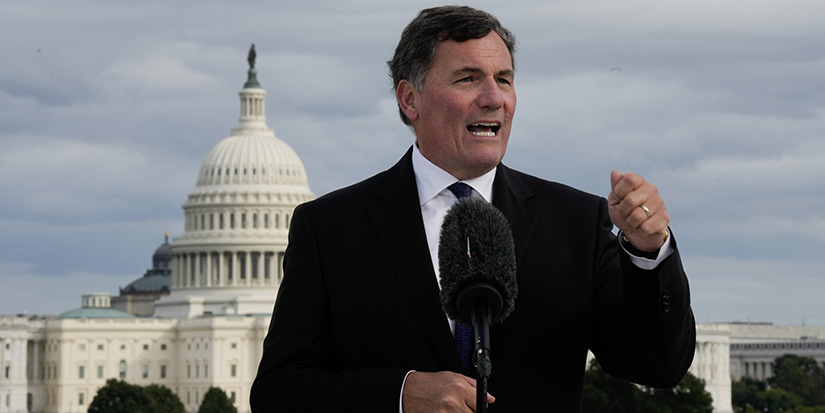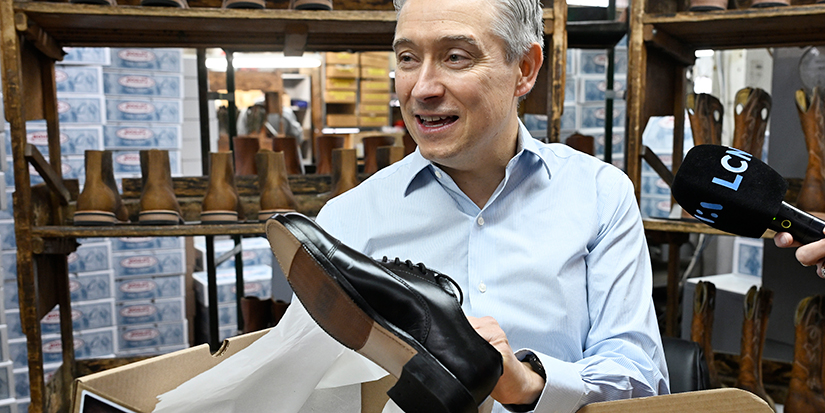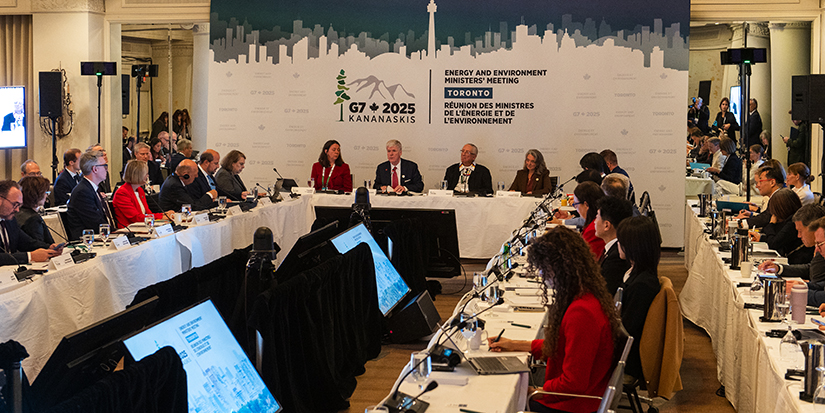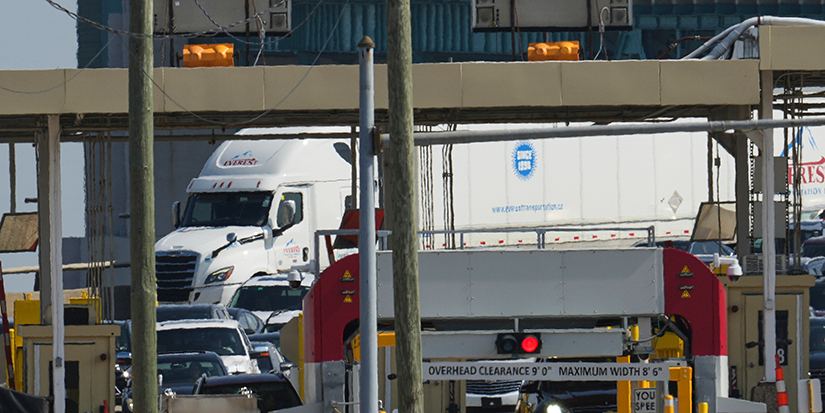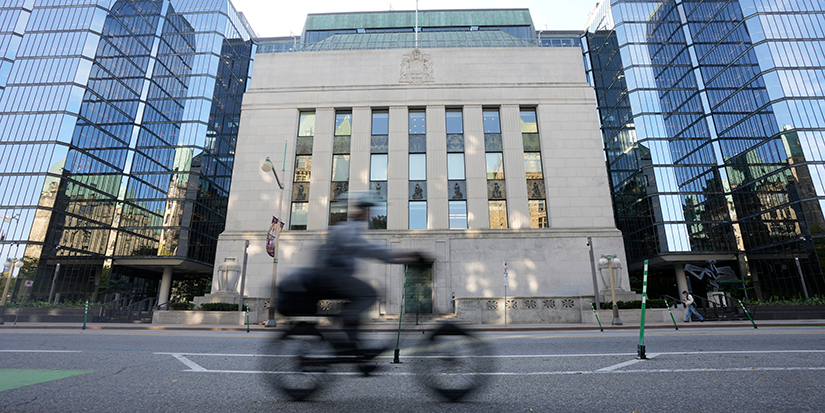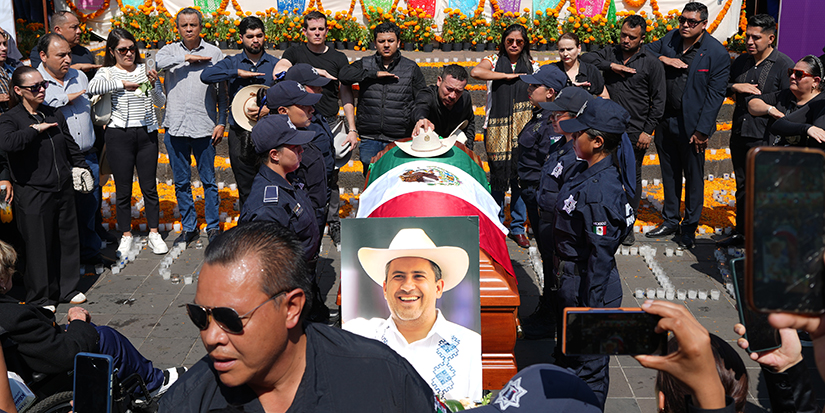Latest News
Political correspondent weighs in on B.C. election

By Jim Gordon and Leeta Liepins
Published 10:49 PDT, Fri September 27, 2024
—
Rob Shaw has reported for The Vancouver Sun, Times Colonist, The Globe and Mail and co-authored a national, best-selling book called A Matter of Confidence. This book told the inside stories from the last decade of BC politics. He also hosts a TV show on CHEK called Political Capital.
OCT: It’s a great pleasure to have you with us as we’re big fans of your show. We have to say that a show like yours is vital to what’s going on currently. It’s a constantly changing environment and even from week to week the narrative changes. For example, can you explain what exactly is happening in our province, especially if you’re a Liberal (BC United) supporter? Why did Kevin Falcon shut his candidacy and the party down?
RS: Well, indeed that is an interesting question and now that we’re down to what is essentially kind of a two-party race with the BC NDP and the BC Conservatives, what is someone supposed to do if they’re not quite in either camp? If you’re a federal Liberal, if you’re centrist, even if you’re sort of a progressive conservative, you may not be looking at the BC Conservatives and thinking, that that’s the party that has your vote.
I think what we’re going to see and what we will be seeing in this campaign is the NDP and the Conservatives trying to move a little bit into the centre. They will try to move a tiny bit to perhaps lure away some of the voters who aren’t the sort of extreme members of the left or the right. And that will be the fight in the selection.
It will be the urban middle-class or the centrist voters who aren’t tuning in to a lot of politics and then right before an election they do a “sniff test” and say, where should I go? That’ll be an interesting battle for the parties.
OCT: I’ve noticed with Canadian politics, especially federally, that the voters often vote people out not in. And often politicians and their governing parties may stay too long. Do you sense a lot of that could be happening?
RS: Certainly, what the Conservative say they feel is that, this is a change election and seven years of the NDP, and that there’s fatigue on some of the policies. This is especially apparent with the healthcare and the drug addictions decriminalization policies that have fatigued some members of the electorate. The NDP are kind of hoping this isn’t the case because David Eby has only been in power after replacing John Horgan two years ago, that there’s a fresh kind of face on the party.
But you’re right there is a kind of almost 10-year cycle that occurs in the minds of voters. We see it federally with the Federal Liberal Party and Prime Minister, Justin Trudeau. And we see the Conservatives provincially just waiting for their moment and feeling that fatigue in the air and getting ready to strike to try and win those votes.
OCT: It’s a moot point now because they are no more, at least for the time being, but what was the strategy behind Falcon and his team changing the party name. Was it to get away from people’s impression of the Federal Liberals? Sometimes people don’t realize that the Liberals provincially are not what you could say that the Liberals are, federally.
RS: It was part of the reason they made the change from BC Liberal to BC United because the feeling was, that the federal Liberals are doing so poorly in the polls that the BC Liberals didn’t want to be dragged down by that voter confusion.
On the other hand, you have the BC Conservatives embracing the voter confusion with the Federal Conservatives because the Federal Conservatives are so popular. So even though they’re not affiliated with the federal party, there is that confusion amongst voters.
Confusion in the sense that some MLAs tell me that when they go door knocking, if they’re a New Democrat, they get asked how come you’re propping up the Prime Minister in Ottawa and they have to explain no that’s the wrong level of politics. So, you have to be realistic about the minds of voters in the confusion that exists and I think Falcon was trying to address that.
OCT: Rob, you’re on the front lines as a journalist, what are you hearing from the constituents, what are people that you talk to telling you are the top two issues they are concerned about for this election, which is Oct. 19.
RS: Well, I think housing, which broadly is about affordability and the issue of people feeling hopeless in the future to not be able to live life how their parents and grandparents lived, this is a big concern. I think street disorder is another big one. Major urban cities across the province, big and small, you see people suffering addictions and people passed out on the street. Crime, homelessness, vandalism, those seem to be the biggest issues.
I think you can slide healthcare in there to substitute one or the other depending on if you live in a rural community where your local hospital is shut down and then find it’s a five-hour drive to the next facility. So those three issues are the big areas.
The NDP seven years in, are facing the difficulty showing people that their changes have made things better. You can argue in those three cases that maybe they haven’t, but they’re still offering a lot of promises and policy changes. And the Conservatives don’t have a lot of policies and have not offered promises for changes yet, but they’re saying they can do things better. (The opinions offered are not those of Richmond Sentinel community newspaper).
